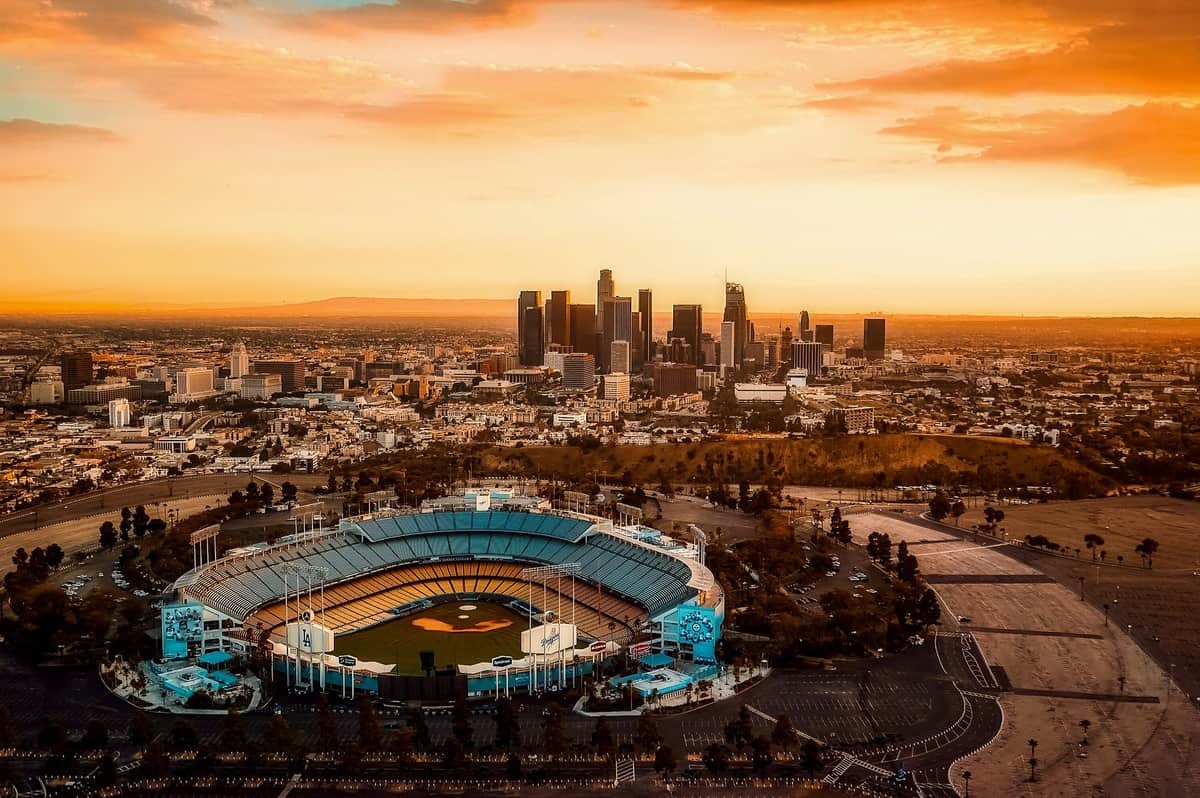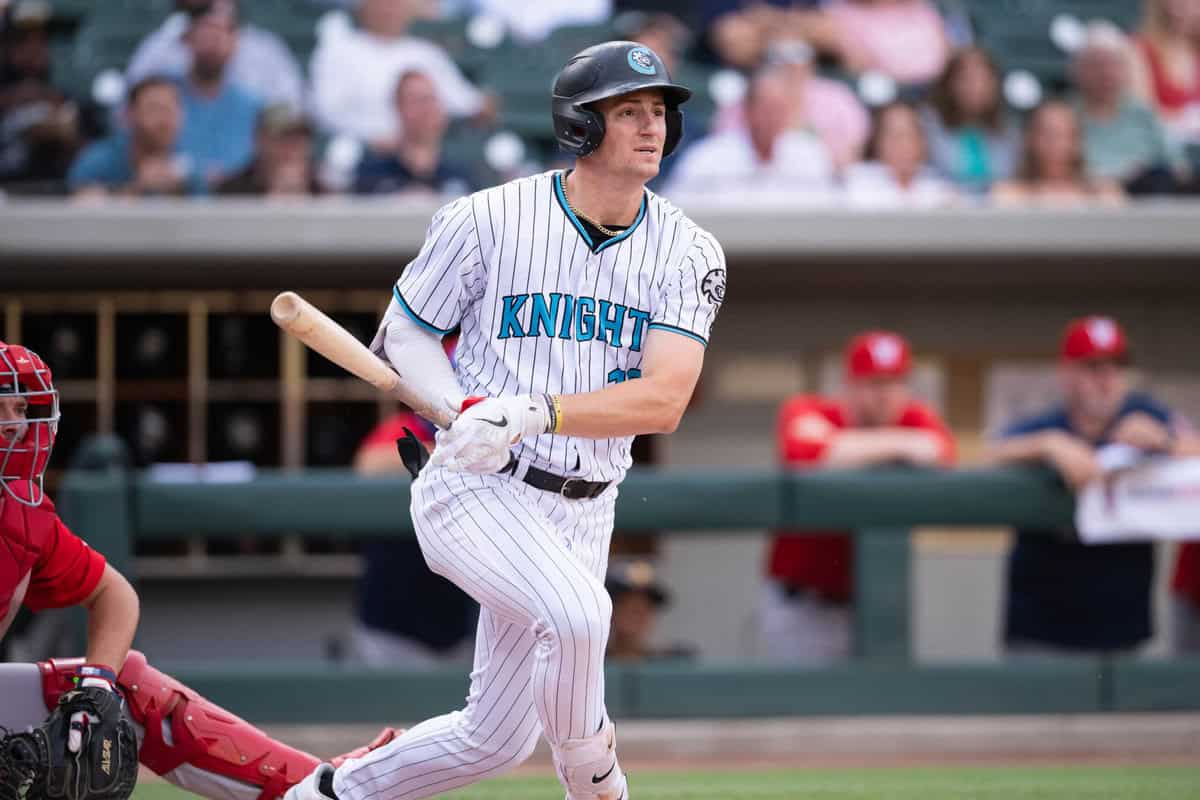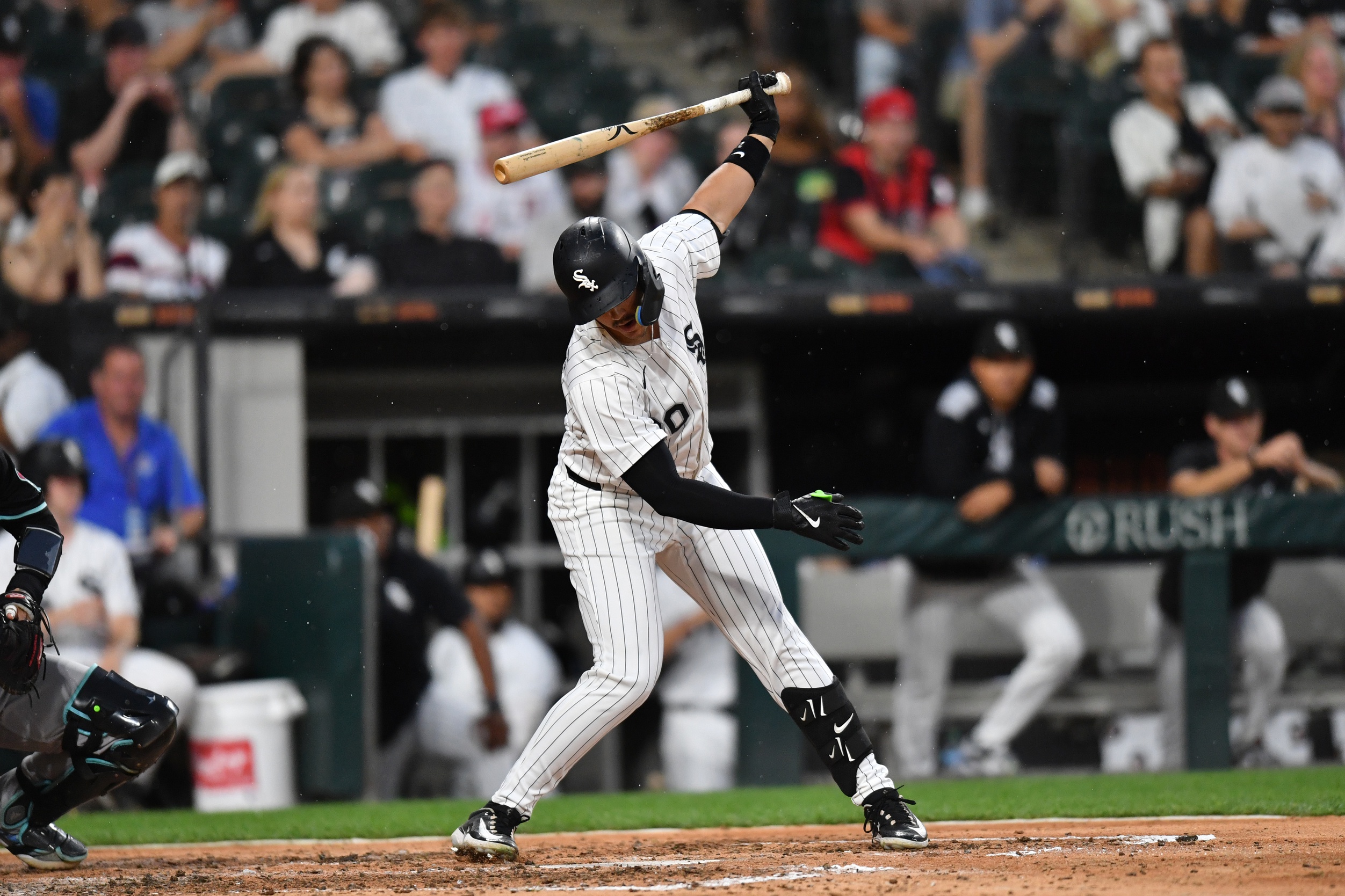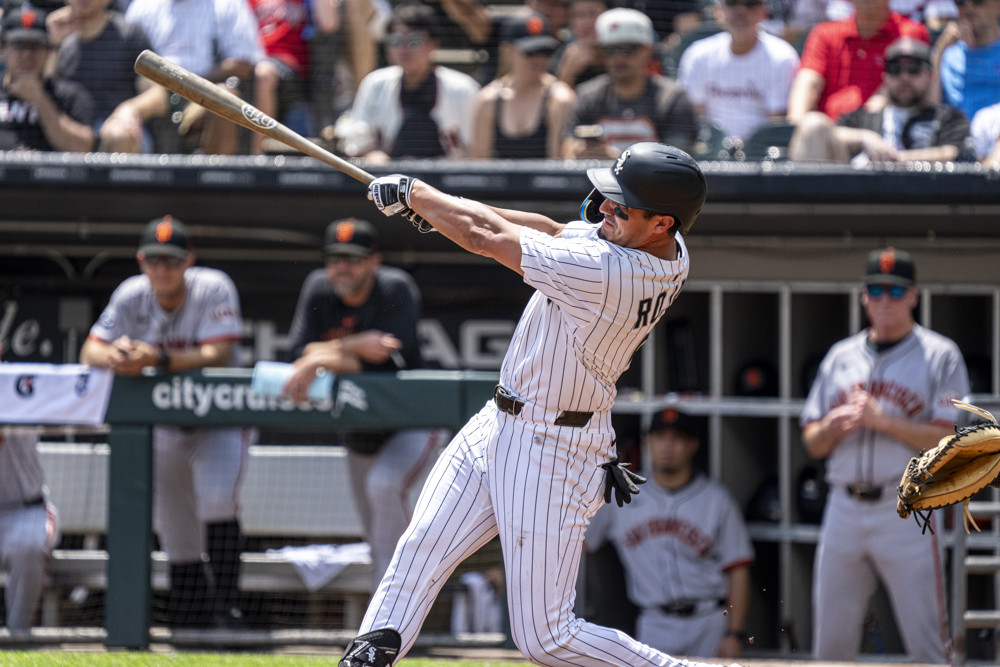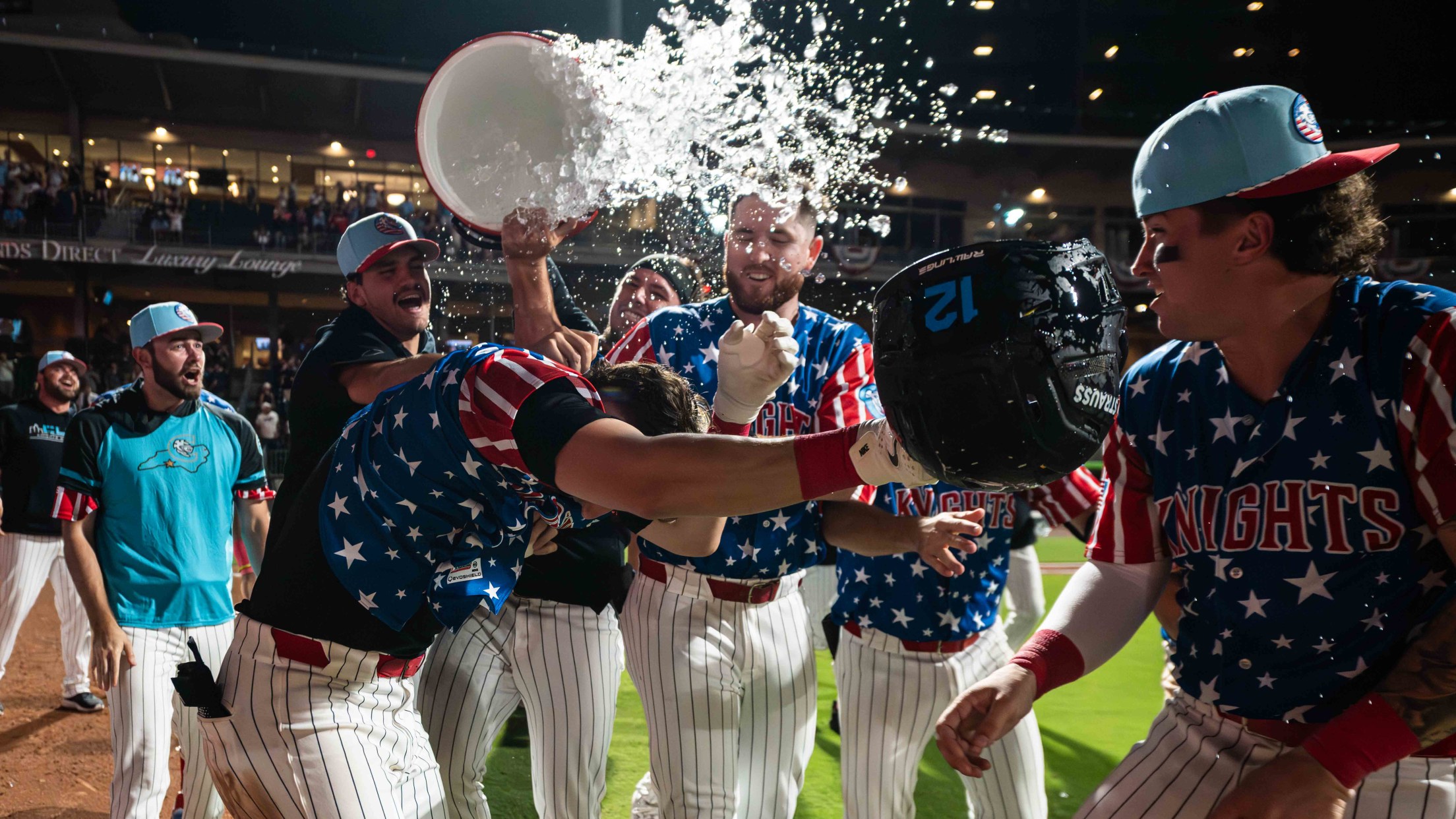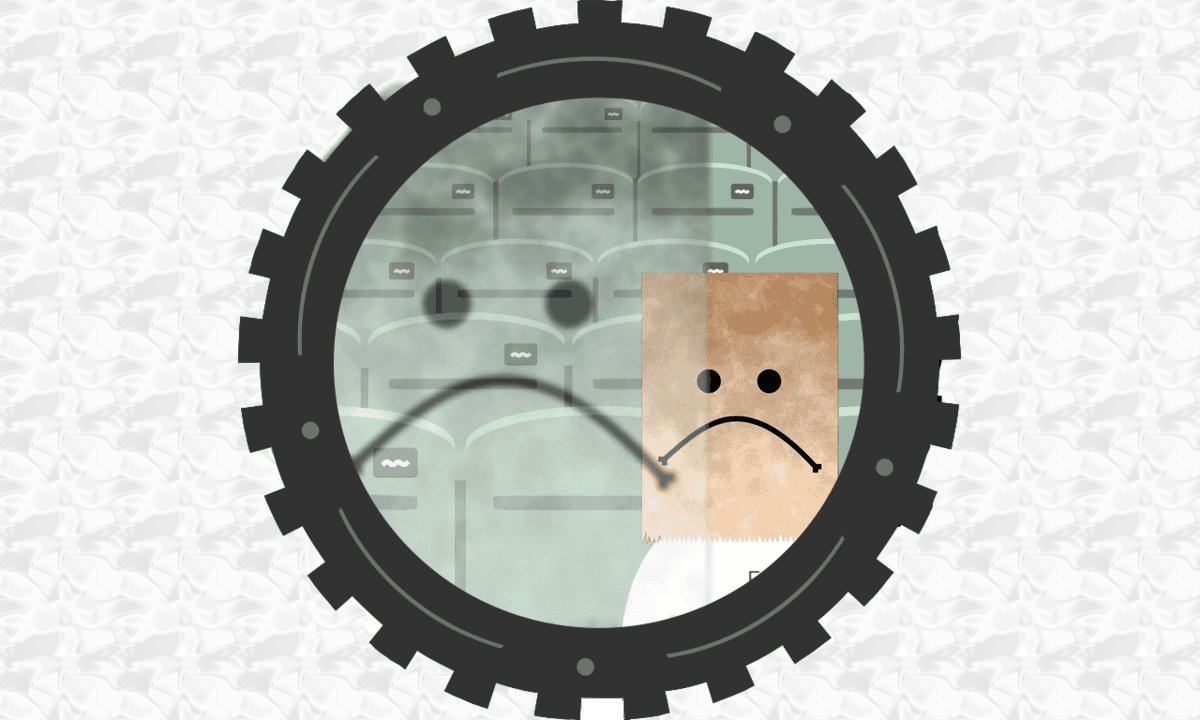The double whammy of the coronavirus and a labor dispute throws many baseball reporters into an intersection of two things they'd rather not encounter:
- Math.
- The complete disappearance of their subject matter.
When the pandemic forced presidential campaigns underground, you didn't see national political writers urging Guy Whitey Corngood to get back on the trail. Food critics weren't saying that restaurants had to reopen to nourish the country's soul. The pandemic sucks, and epidemiology for a brand new virus is hard. Everybody on the ground is hurting.
The "entity is blowing it by not restarting" genre of articles seems unique to baseball, although since I don't follow other sports' coverage as closely, maybe it extends wider. A few recent examples from our field:
Jared Diamond, Wall Street Journal: "The possibility of playing on Independence Day is gone. So, too, is baseball’s opportunity to serve as a positive part of the national recovery process at a time of historic crisis. Rather than rekindling its dwindling fan base, this increasingly hostile conflict now threatens to impart lasting—and perhaps irreparable—damage to an industry waning in influence and popularity with younger audiences."
Jayson Stark, The Athletic: "At least what happened in 1994 didn’t happen in the middle of a pandemic. It didn’t happen at a time when 41 million Americans were out of work. It didn’t happen in a country that was still grappling with basic human questions like: Is it safe to go to the grocery store?"
And one more from Joe Posnanski:
But more, much more, infinitely more, where were the plans to get baseball going again? How could this sport just flail around in a dispiriting spiral of hopelessness? This is a pandemic. This is a once in a century nightmare. Everybody had to know they were going to lose money, lots and lots of money — this after something like a 50-year winning streak. Everybody had to know the season wasn’t going to look anything like other seasons. Everybody had to know that it would take cooperation and imagination and dedication to figure out how to play baseball.
And everybody had to know that people were so hungry for baseball, for something that felt familiar, for the sound of the ball cracking off the bat, for the sight of a freshly mowed outfield, for the sight of Mookie Betts rounding second and trying for a triple.
How could they fail such an obvious test?"
If the conditions are such that going to the grocery store is difficult and all sorts of industries are turned upside-down, why wouldn't that stress infiltrate the process of working out a labor deal?
If you read Keith Law's book (Bookshop.org link; Sox Machine receives a portion of the proceeds) and/or participated in the Sox Machine Book Club, here's an active example of the principal-agent problem. The league, its players and its media all have a big-picture incentive to get the season going, but media outlets -- including sites like this one -- all have an incentive for resolution no matter how it happens, while the negotiating parties have their own interests to preserve.
It would benefit Good Ol' Sox Machine handsomely if the MLBPA caved and spring training started tomorrow (I'd summarize that post as, "Terrible negotiating, but booya, Grandma."). However, if the MLBPA has to wait for the league's proposals before countering, and they have the right to preserve their interests, trying to cram the process into an patriotic-but-arbitrary timeline only leads to disappointment and hand-wringing about how the league has failed the country.
Speaking of which, Major League Baseball made a 76-game proposal to the players that gives players 75 percent of their prorated salaries, with the elimination of draft-pick compensation and a $200 million postseason pool. The MLBPA is supposed to formally respond on Wednesday. It's largely the same deal the league has offered before in terms of money earned, taking a small step in the players' direction in some ways ...
... but not in others:
Which goes back to the point that the pandemic makes everything more complicated than everybody wants them to be. And so here we are.
* * * * * * * * *
A few more points:
*The White Sox are one of a few teams sitting pretty no matter how many games are played, at least according to Craig Edwards' analysis at FanGraphs.

*Cardinals chairman Bill DeWitt Jr. made the audacious claim that "the industry isn't very profitable, to be quite honest." As Craig Goldstein noted:
*Remember Rob Scahill? FiveThirtyEight's Travis Sawchik wants you to keep him in mind when discussing the framing of "billionaires vs. millionaires," because 40 percent of the league doesn't meet the latter description.
Scahill said if a player is savvy, he could save 25 percent of what he earns after taxes. If a player has $1.31 million in major league earnings, like Scahill, and is able to save a quarter of take-home pay after taxes and union fees, he would leave his career with $156,200 in cash savings from his major league salary. If such a player instead saved about 8 percent, the average U.S. savings rate before the coronavirus pandemic, he would finish his career with just $50,000 in the bank from his baseball career.
“Most grind out on a split career between Triple-A and the majors unless you’re a contract guy,” Scahill wrote via text. “For the vast majority of players, every dollar counts for the rest of their lives.”
*Unrelated to the labor dispute but relevant to Monday's discussion, Theo Epstein criticized his own hiring practices after making a larger statement about the nationwide protests.
"I'd like to start just by offering my condolences to the families of George Floyd, Breonna Taylor, Ahmaud Arbery and the countless victims who keep losing their lives to racist violence in this country year after year, decade after decade, century after century," Epstein said. "I join my colleagues at the Cubs in standing up in support of the Black Lives Matter movement and the protesters who are doing their best to make this a real inflection point in our history. At this moment in time, silence is complicity, and it's important that all of our voices are heard."

